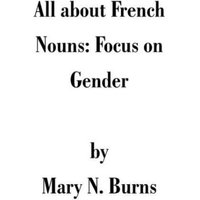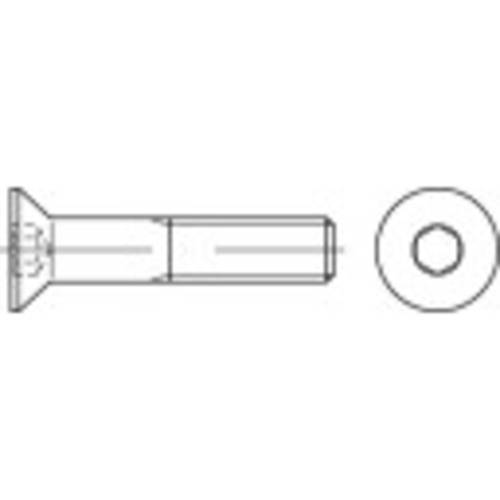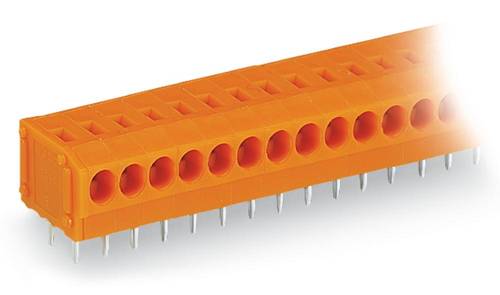All about French Nouns

Produktbeschreibung
'People nouns' (about 1500) are either optional-sex (un enfant, une enfant) or one-sex oriented (un frère, une soeur). To determine gender, in these two instances only, endings do not matter. Sex matters. Sex determines gender. 'Optionals' are listed phonetically in contextual blocks and defined. One-sex nouns are introduced phonetically in context where appropriate throughout. To determine the gender of all other French nouns, noun endings must be considered. Sorting out the mute e-ending nouns is the main gender problem. All of these nouns may be sorted out by means of the 'two basic rules' when exceptions are noted.These two rules determine the gender of 90% of the 33,000 nouns in a comprehensive French dictionary. The remaining 10% are 'exceptions' to the 'two basic rules' and are listed phonetically in rule order in contextual blocks and defined. Homonyms (about 250), which are derived from all lists, are alphabetically listed in pairs. Homonyms demand proper gender to establish meaning (un tour, a tour, une tour, a tower). Exact cognates (about 7000) are separately listed in alphabetical order. All About French Nouns: Focus on Gender confronts the French gender problem and defines it in the most concise manner possible. It provides a permanent source of reference and perhaps the only comprehensive documentary evidence on the subject available today. As such, it serves to confirm or deny previous notions about French gender.
Ähnliche Produkte finden


-2m-x-38cm-Royalblau-von-Oracover-157296229.jpg)






